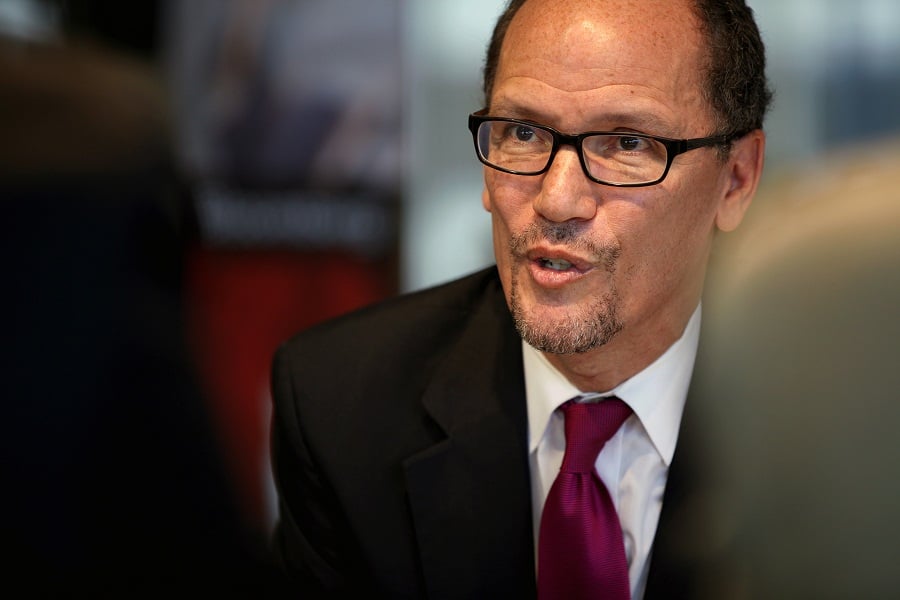Secretary of Labor Thomas Perez told lawmakers on Tuesday that the debate surrounding a proposal to raise investment-advice standards for retirement accounts has evolved from whether it's necessary to how to put the fiduciary measure into practice.
“I am heartened by that shift,” Mr. Perez said in an appearance before a Senate Health, Education, Labor and Pensions subcommittee. “We welcome any and all suggestions on how to improve the proposal to ensure that it can be effectively implemented.”
Tuesday marked the
deadline for comment letters on the proposal, which would require brokers working with 401(k) and individual retirement accounts to act in their clients' best interests, a higher bar than the current suitability standard they must meet.
(More: "Where key players align in the DOL fiduciary fight")
Designed to reduce conflicts of interest that may lead to putting clients into high-priced products that erode retirement savings, the rule has generated resistance from the financial industry.
Introduced in April with strong
White House backing, voluminous comment letters have offered ways to improve provisions in the measure — such as the so-called best-interest contract exemption giving brokers latitude in their compensation methods, required disclosures and covered investments.
Mr. Perez said his agency is listening to the suggestions.
“As long as we don't lose sight of the North Star — an enforceable best-interests commitment — we are very flexible on the question of how to get this work done,” Mr. Perez said. "This is about providing guardrails, not straitjackets"
At one point in the hearing, Sen. Elizabeth Warren, D-Mass., expressed dismay that the suitability standard even exists. It requires brokers to sell investment products that fit a client's risk profile, but allows brokers to select high-priced products when less-expensive ones would likely do as well or better.
“Why is that even legal?” said Ms. Warren, a strong supporter of the DOL rule.
Mr. Perez replied, “It shouldn't be.”
The subcommittee chairman, Sen. Johnny Isakson, R-Ga., echoed industry arguments when he asserted that the rule would force brokers to abandon small retirement accounts.
“Many working families will not be able to get the advice they need to feel confident about the [investment] decisions being made,” Mr. Isakson said.
(More: "SIFMA's advice to DOL on the fiduciary rule: Start over")
Industry groups, such as the National Association of Insurance and Financial Advisors and the Financial Services Institute, made similar comments in letters filed with the DOL on Tuesday. NAIFA said the rule would curb sales of variable annuities, while FSI said it would make investing more complex for advisers and their clients.
On the other side of the debate, the Financial Planning Coalition
submitted a letter that strongly backed the DOL fiduciary rule for providing “long-overdue consumer protections,” while suggesting some changes to the measure. The group is comprised of the Financial Planning Association, the National Association of Personal Financial Advisors and the Certified Financial Planner Board of Standards Inc.
“The Coalition believes, based on its experience applying the fiduciary standard to [CFP] professionals across business models, that the rule is both workable and essential to protect America's retirement savers,” the Coalition letter stated. “Importantly, the DOL has demonstrated its willingness to work with the industry to develop a rule that will increase fiduciary protection for tax-preferred retirement assets that works across the varied financial services business models.”







